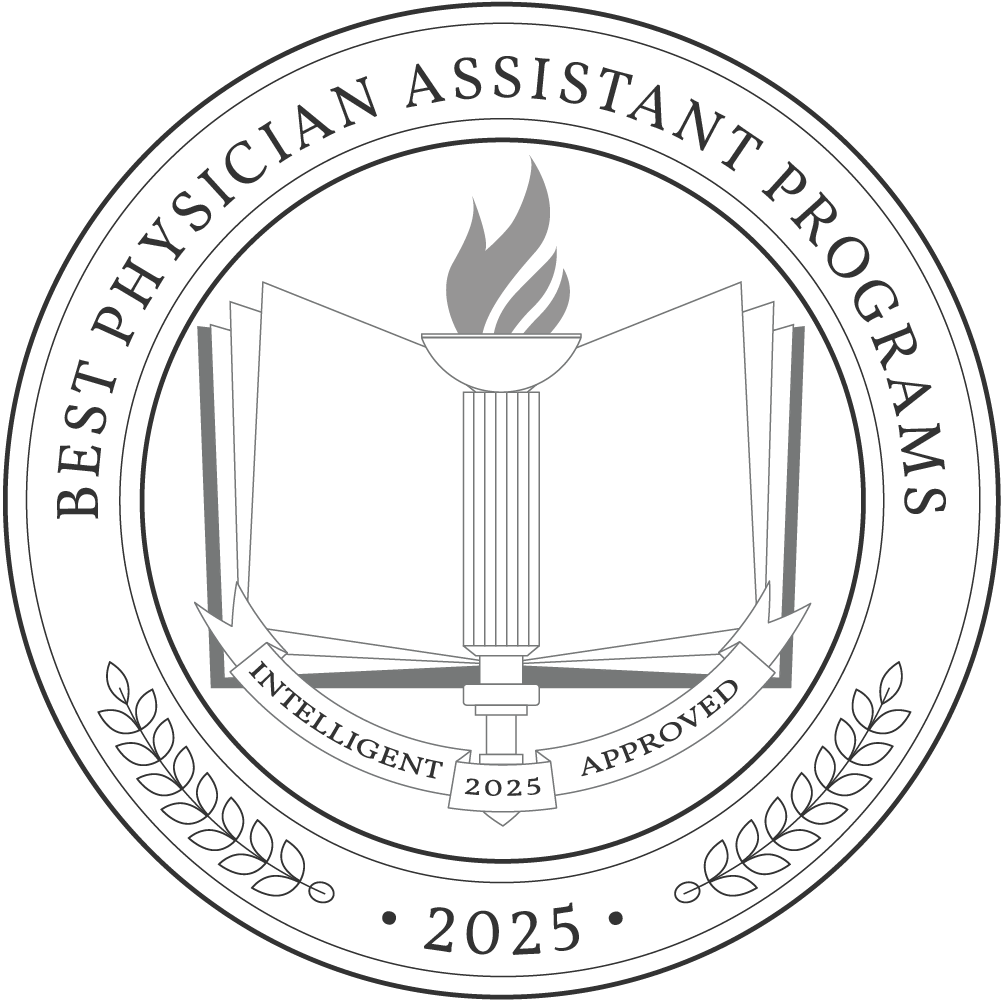A physician assistant degree prepares students for rewarding careers in the medical field. A physician assistant (PA) works with physicians, surgeons, and other healthcare workers to provide diagnostic and therapeutic services in primary and specialty care in hospitals, doctor’s offices, and other clinical settings.
The average salary of physician assistants is $130,020, and the field is growing much faster than other occupations, with a projected growth rate of 27% from 2022 to 2032. It takes approximately 27 to 29 months to complete the required 120-150 credits. While tuition can vary from public, private, and online institutions, the average yearly cost of tuition and fees is $20,513.
Why Trust Us
The Intelligent.com Higher Education Team is dedicated to providing students with independent, equitable school and program rankings and well-researched resources. Our expert-driven articles cover topics related to online colleges and programs, paying for school, and career outlooks. We use data from the U.S. Department of Education’s College Scorecard, the National Center for Education Statistics, and other reputable educational and professional organizations. Our academic advisory team reviews content and verifies accuracy throughout the year for the most current information. Partnerships do not influence rankings or editorial decisions.
- Analyzed over 2,000 national, accredited, and nonprofit colleges and universities
- 800+ rankings pages are reviewed and updated yearly
- Content is informed by reputable sources, surveys, and interviews with academic advisors and other experts
- Over 100 data points are reviewed for accuracy and quality throughout the year, including sources
How we rank schools
Our list features the best Physician Assistant degree programs at top colleges nationwide. Each school featured is a nonprofit, accredited institution — either public or private — with a high standard of academic quality for post-secondary institutions.
We evaluated each school’s program on tuition costs, admission, retention and graduation rates, faculty, reputation, and the student resources provided for online students. We collected data from trusted sources like the National Center for Education Statistics, individual school and program websites, school admissions counselors, and other data sources. Then, we calculated the Intelligent Score on a scale of 0 to 100 based on the following criterion:
Academic Quality:
- Admission rate versus enrollment rate
- Retention rate of students who return after year one
- Accreditation status (regional and programmatic)
- Nonprofit status, both private and public institutions
Graduation Rate
- Overall graduation rate
- Total number of currently enrolled students, including diversity metrics
- Student-to-faculty ratio
Cost and ROI
- In-state and out-of-state per-credit tuition rates and fees
- Required credits to graduate
- Earning potential after graduation
- Availability of federal student loans, scholarships, and other financial aid options
Student Resources
- Available student services for online-only and hybrid programs
- On-campus amenities like tutoring centers and the number of libraries
Read more about our ranking methodology.
Best 12 Accredited Physician Assistant Degree Programs
FiltersInstitution Type
Status
- Intelligent Score
- Alphabetically By University Name
- Acceptance Rate
- Enrollment
- In-state Graduate Tuition
- Out-of-state Graduate Tuition
- In-state Undergraduate Tuition
- Out-of-state Undergraduate Tuition

Duquesne University
Intelligent Score: 99.50In-state: $41,892
Out-of-state: $41,892
In-state: $24,048
Out-of-state: $24,048
SAT: 1120-1270
ACT: 23-28
$1,623
On-Campus
Accreditation Review Commission on Education for the Physician Assistant, Inc.
139
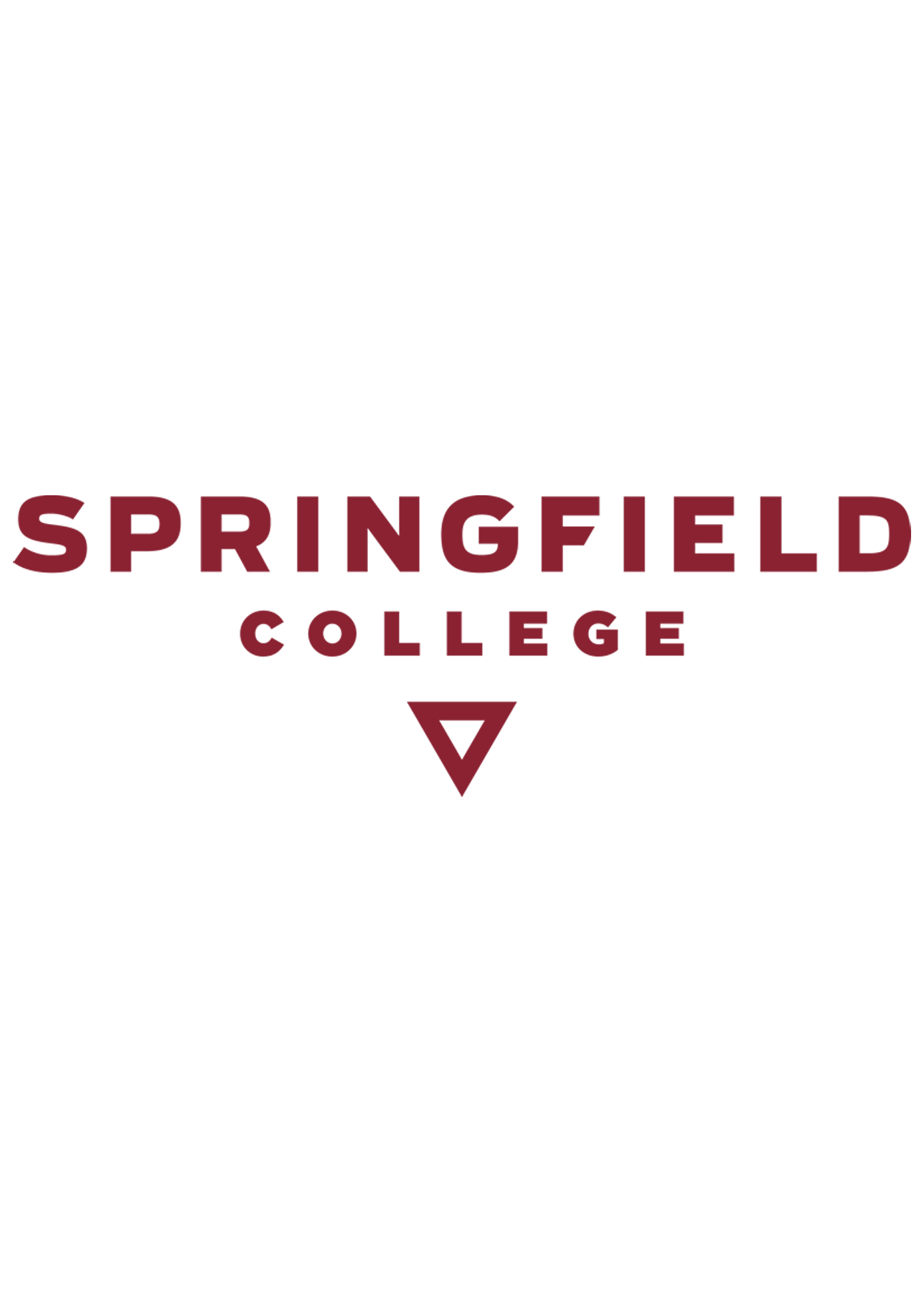
Springfield College
Intelligent Score: 99.08In-state: $39,170
Out-of-state: $39,170
In-state: $33,150
Out-of-state: $33,150
SAT: 1200-1300
ACT: 21-27
$1,825
On-Campus
Accreditation Review Commission on Education for the Physician Assistant, Inc
120
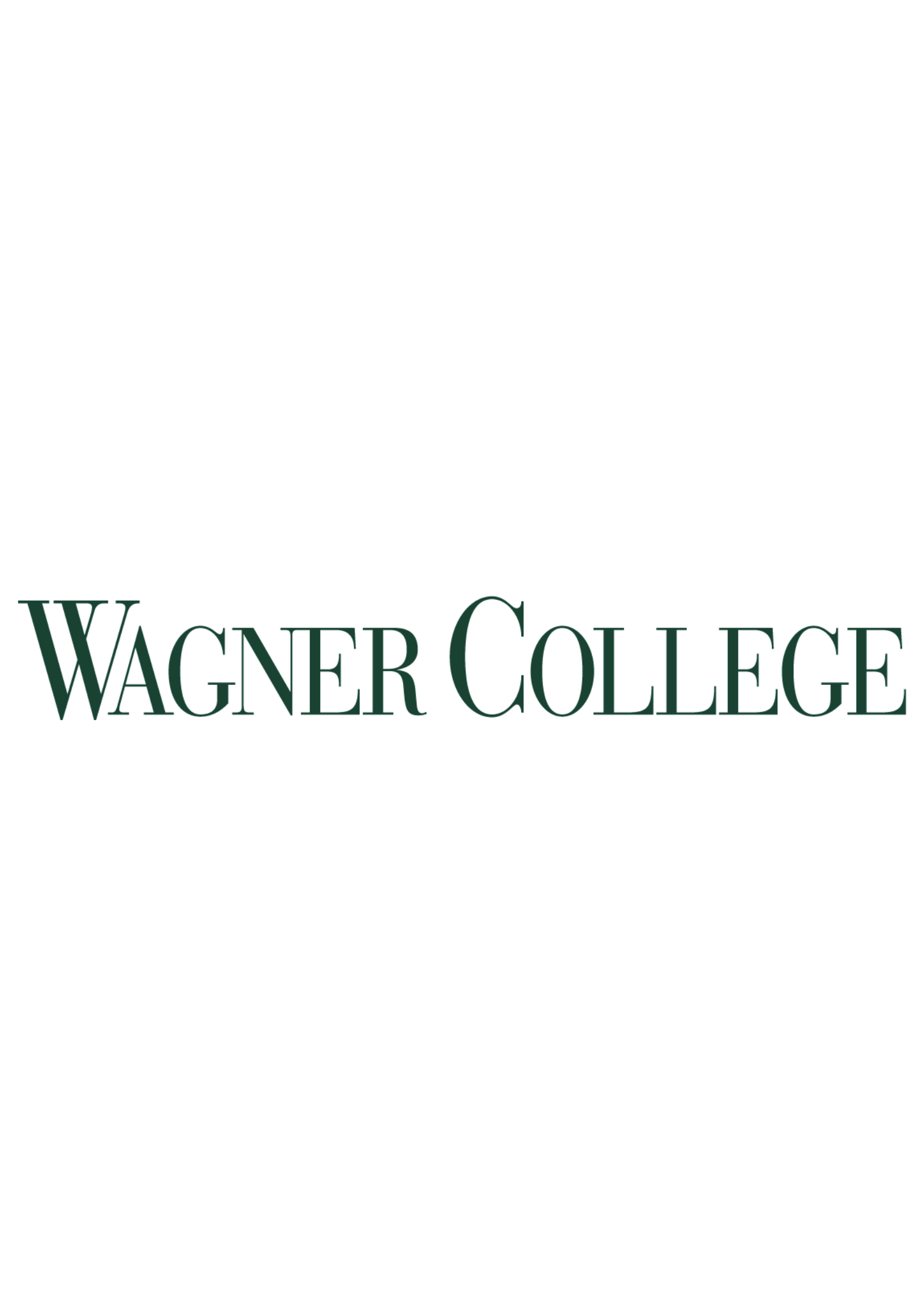
Wagner College
Intelligent Score: 97.66In-state: $48,010
Out-of-state: $48,010
In-state: $22,230
Out-of-state: $22,230
SAT: N/A
ACT: N/A
$1,183
On-Campus
Accreditation Review Commission on Education for the Physician Assistant, Inc
135
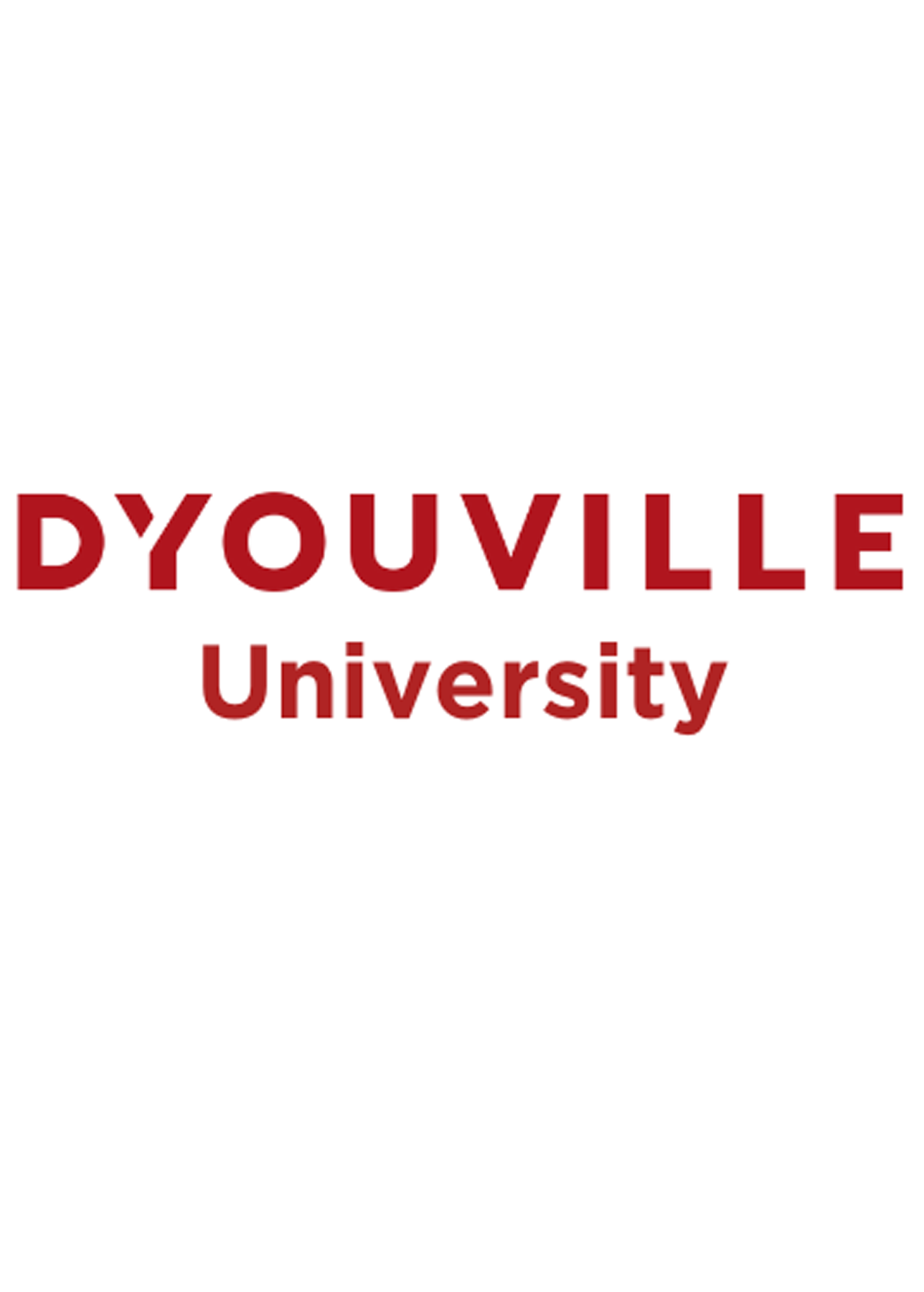
D'Youville University
Intelligent Score: 97.47In-state: $27,986
Out-of-state: $27,986
In-state: $18,522
Out-of-state: $18,522
SAT: 960-1150
ACT: 19-24
$1,120
On-Campus
Accreditation Review Commission on Education for the Physician Assistant, Inc
175

University of Washington
Intelligent Score: 97.33In-state: $10,629
Out-of-state: $37,998
In-state: $16,278
Out-of-state: $16,278
SAT: 1200-1453
ACT: 27-33
$316
On-Campus
Accreditation Review Commission on Education for the Physician Assistant, Inc
162

Rochester Institute of Technology
Intelligent Score: 96.96In-state: $47,352
Out-of-state: $47,352
In-state: $50,136
Out-of-state: $50,136
SAT: 1220-1420
ACT: 28-33
$1,620 - $2,430
On-Campus
Accreditation Review Commission on Education for the Physician Assistant, Inc
181
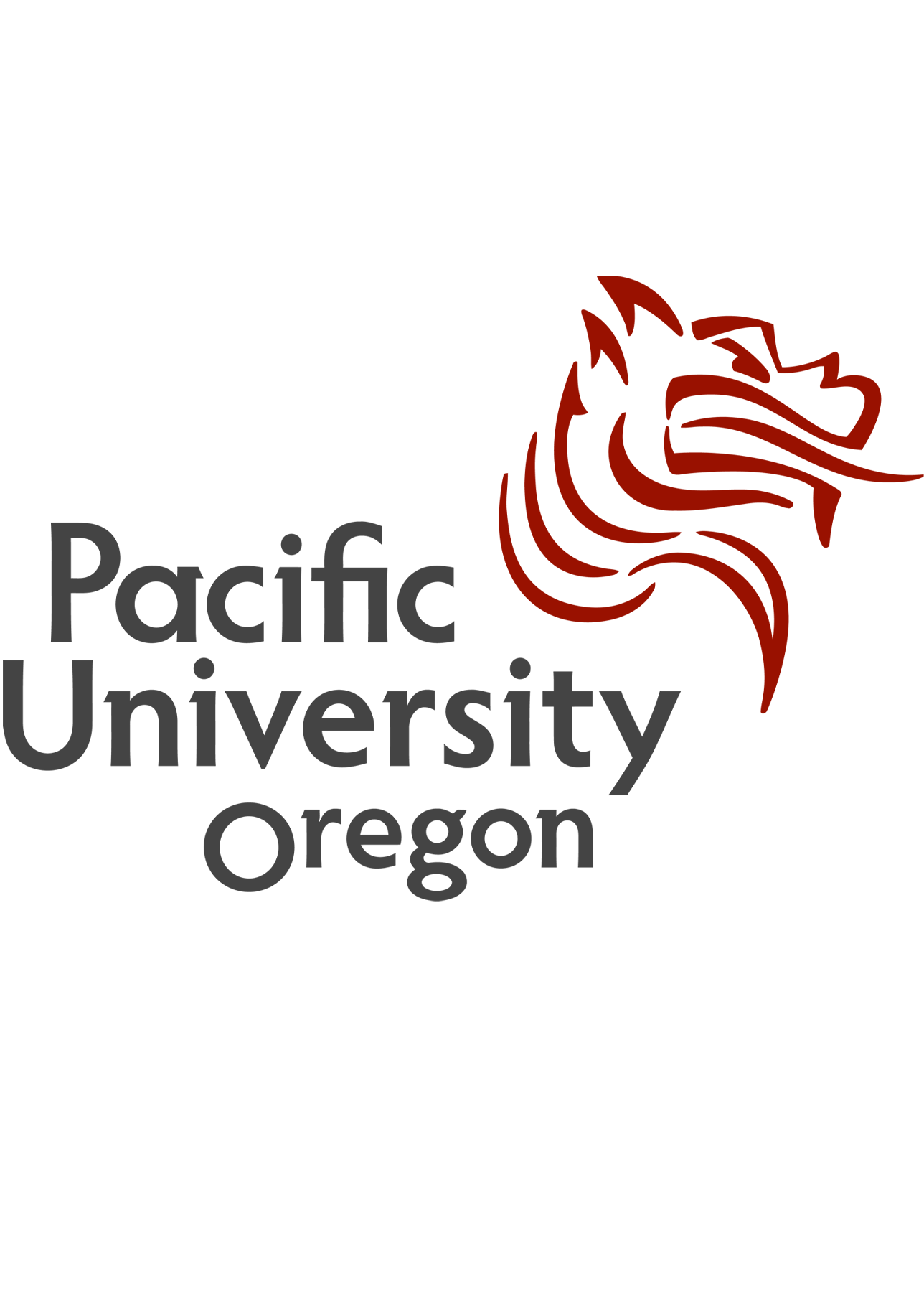
Pacific University
Intelligent Score: 96.96In-state: $47,158
Out-of-state: $47,158
In-state: $35,047
Out-of-state: $35,047
SAT: 1050-1230
ACT: 22-27
$700 - $997
On-Campus
Accreditation Review Commission on Education for the Physician Assistant, Inc
130
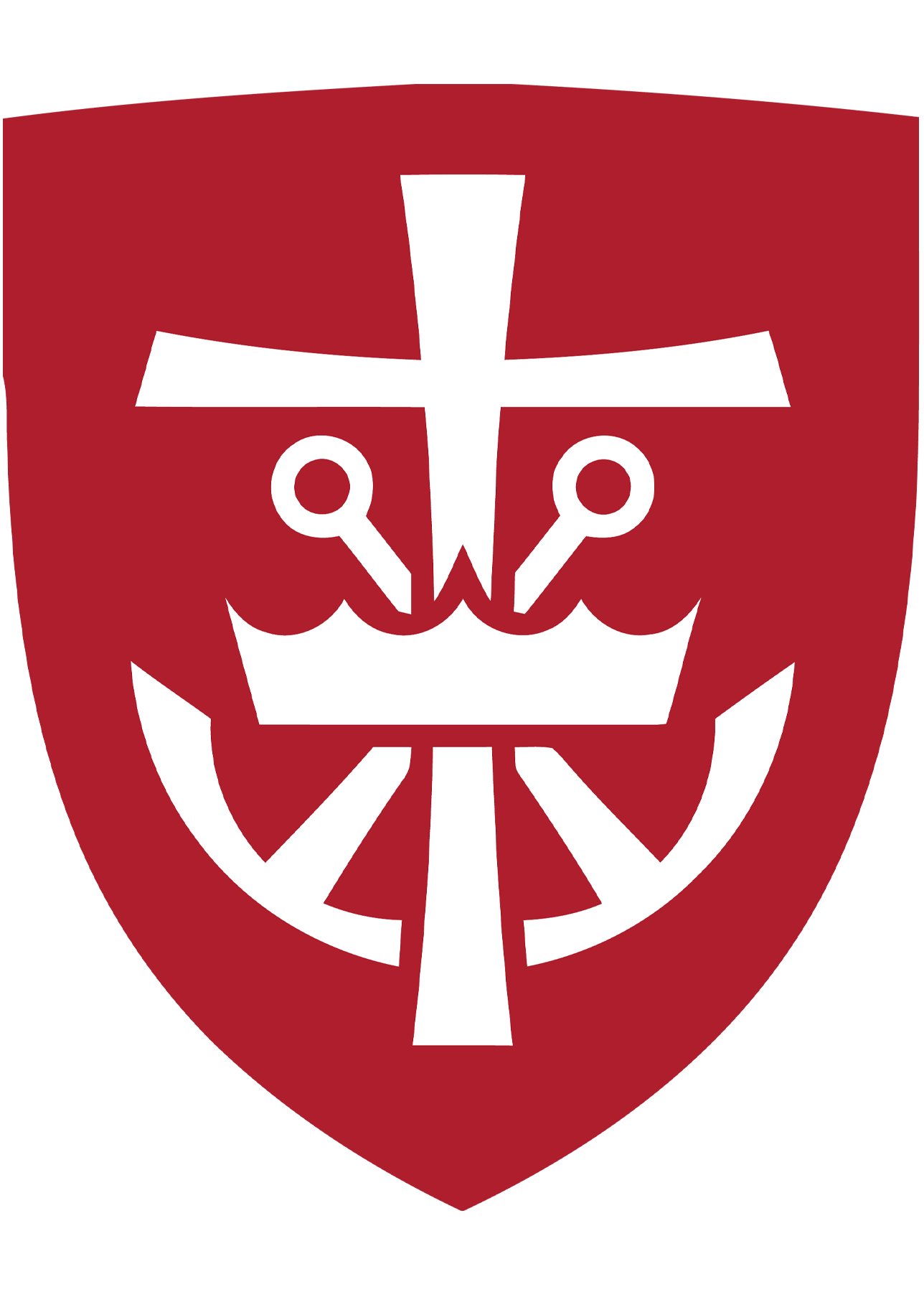
King's College
Intelligent Score: 92.27In-state: $38,062
Out-of-state: $38,062
In-state: $45,432
Out-of-state: $45,432
SAT: N/A
ACT: N/A
$1,612
On-Campus
Accreditation Review Commission on Education for the Physician Assistant, Inc
202

St. John's University
Intelligent Score: 91.87In-state: $77,492
Out-of-state: $77,492
In-state: $66,882
Out-of-state: $66,882
SAT: 1110-1310
ACT: 24-29
$1,790
On-Campus
Accreditation Review Commission on Education for the Physician Assistant, Inc
84
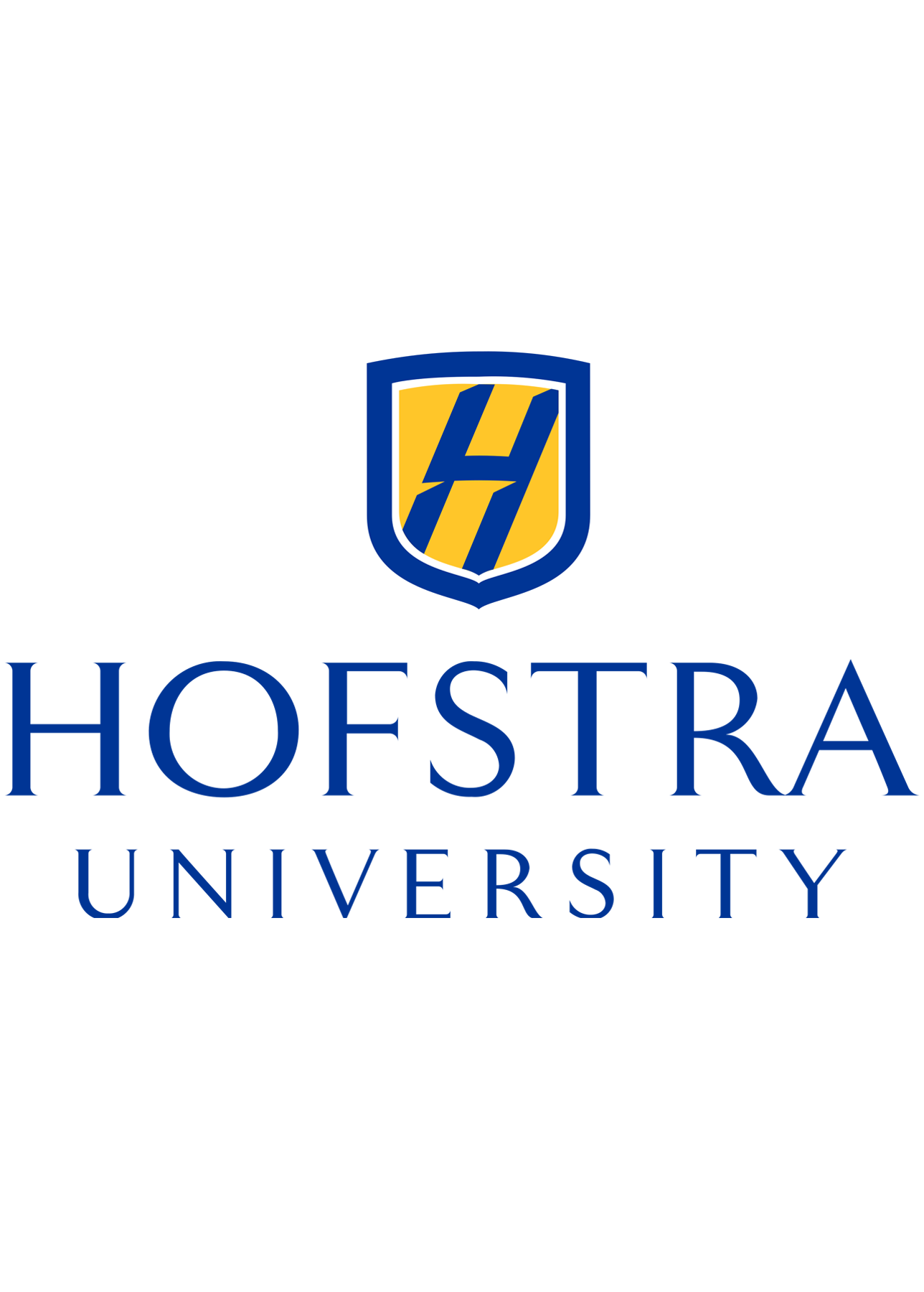
Hofstra University
Intelligent Score: 91.77In-state: $48,315
Out-of-state: $48,315
In-state: $26,172
Out-of-state: $26,172
SAT: N/A
ACT: N/A
$1,630
On-Campus
Accreditation Review Commission on Education for the Physician Assistant, Inc
169
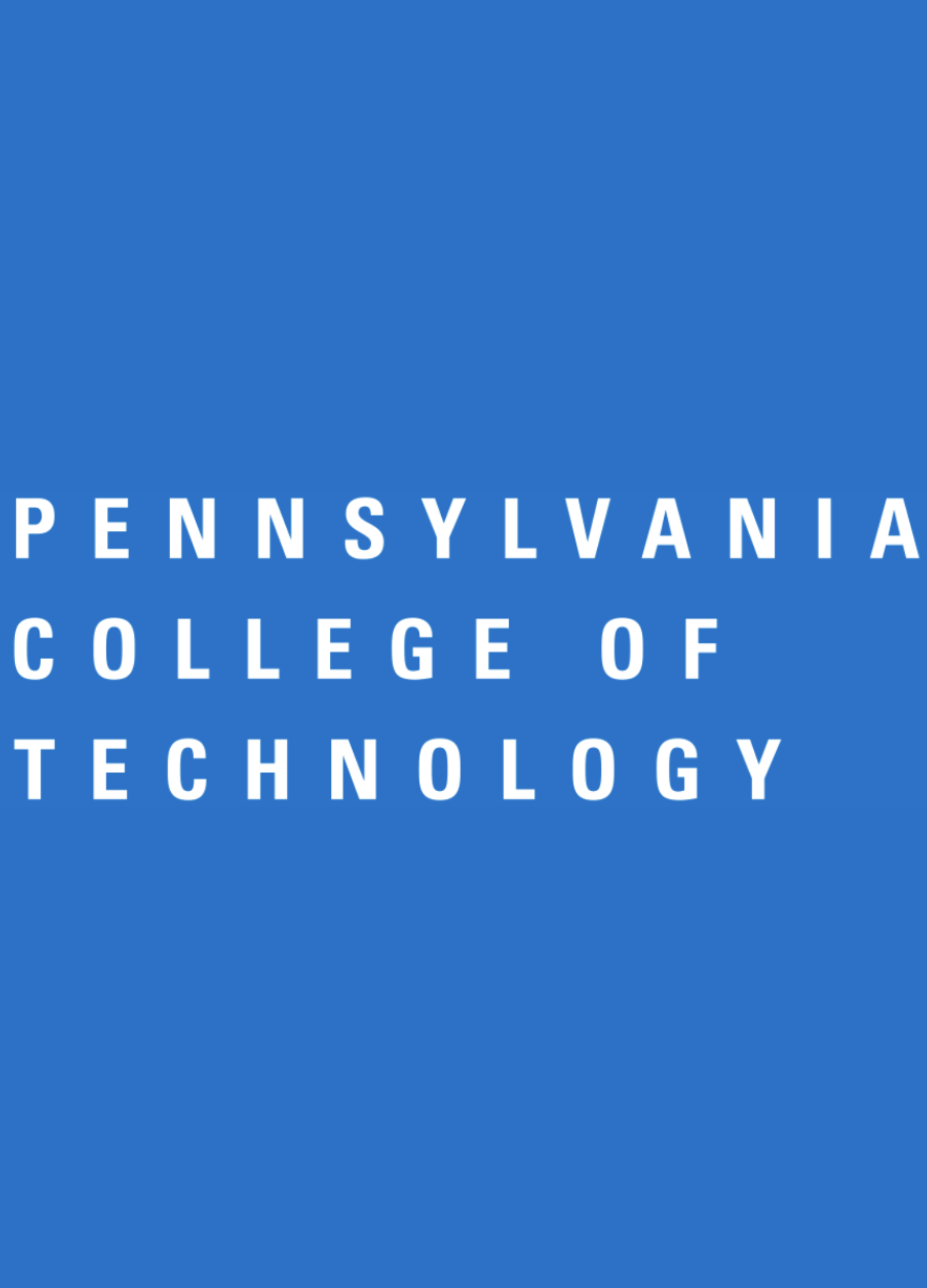
Pennsylvania College of Technology
Intelligent Score: 91.46In-state: $15,120
Out-of-state: $22,680
In-state: $15,120
Out-of-state: $15,120
SAT: N/A
ACT: N/A
In-State: $515
Out-of-State: $773
On-Campus
Accreditation Review Commission on Education for the Physician Assistant, Inc
96
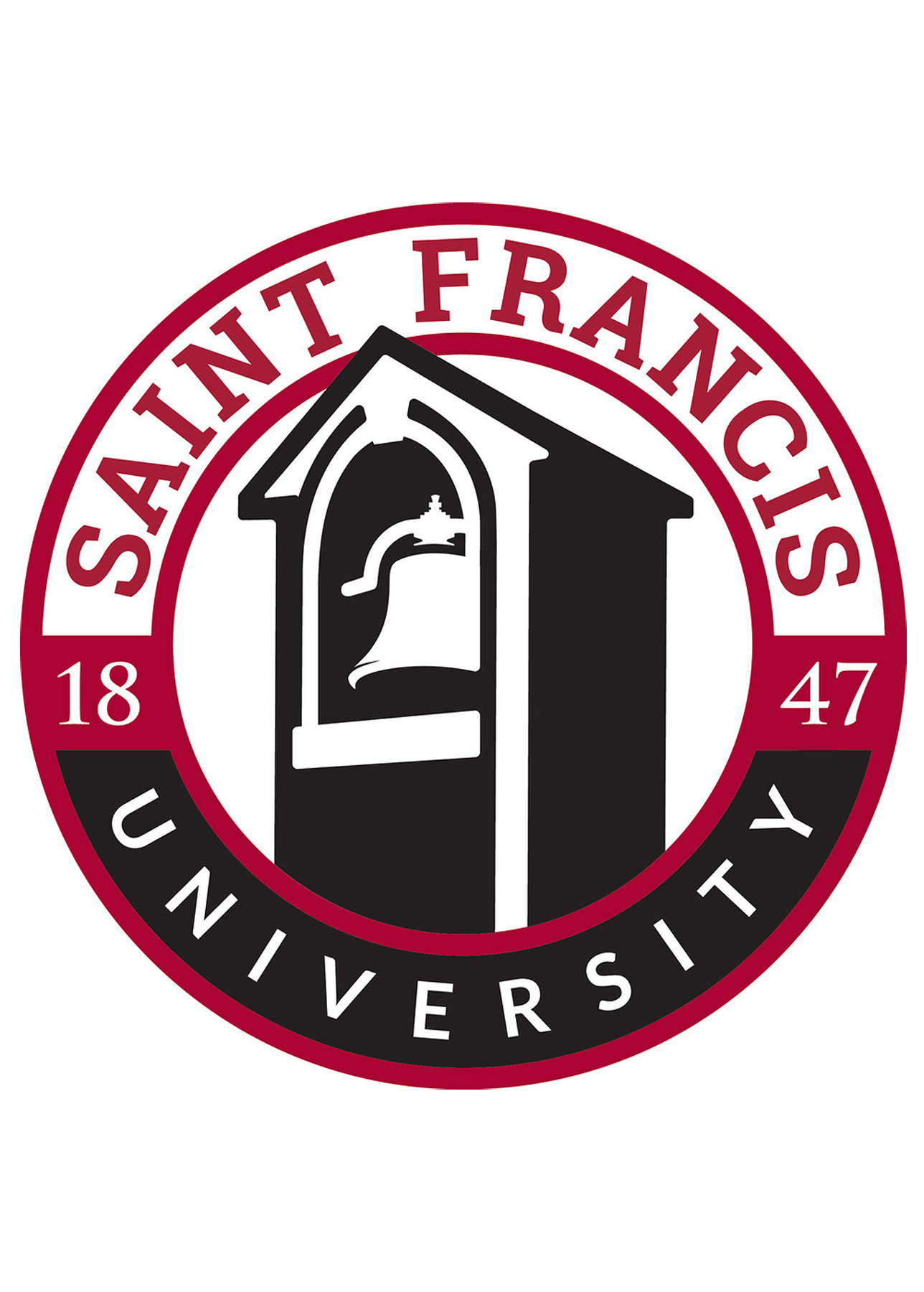
Saint Francis University
Intelligent Score: 91.39In-state: $38,728
Out-of-state: $38,728
In-state: $25,000
Out-of-state: $25,000
SAT: 1010-1220
ACT: 22-26
$1,142
On-Campus
Accreditation Review Commission on Education for the Physician Assistant, Inc
151
How to Choose a Physician Assistant Degree Program
Choose your area of study
As you research physician assistant degree programs, consider your career and personal goals — these will influence the type of program you choose. An aspiring physician assistant must first earn a Bachelor of Science (BS) degree in a science or health-related field. Programs also accept students who have earned a Bachelor of Arts (BA) degree, but you may need to complete additional biology or chemistry courses.
Physician assistants graduate with a Master of Physician Assistant Studies (MPAS), Master of Health Science (MHS), or a Master of Medical Science (MMS) degree. After completing the program, you can sit for the Physician Assistant National Certifying Examination (PANCE) to attain a certified physician assistant (PA-C) designation. PA-Cs diagnose and treat illnesses and provide care under a physician’s supervision.
Research schools and programs
Choosing an accredited program is essential, as it will influence your eligibility to sit for the licensing exam. The Accreditation Review Commission on Education for the Physician Assistant (ARC-PA) is recognized by the Council for Higher Education Accreditation (CHEA) and determines the quality of education of physician assistant programs in the U.S.
Visit the school and clinical facilities to learn more about the institution or program. You can also contact an admissions counselor for details about the program and attend an in-person or virtual open house or information session.
Prepare for tests and applications
Most schools have a two or three-stage application process. First, apply through the Central Application Service for Physician Assistants (CASPA). The CASPA allows you to apply to multiple programs with one application. Students who receive preliminary acceptance must then complete a program application before advancing into the interview cycle.
Prerequisites for acceptance to the program include 200 hours of direct patient contact experience in volunteerism or employment in the healthcare industry and a bachelor’s degree in a related field.
Standard application materials include transcripts, letters of recommendation, and minimum GPA.
Select your program
If more than one school offers you enrollment, reviewing your goals can help you narrow down your decision. Set parameters for logistical needs like transportation and housing — most programs require off-site clinical hours with program partners.
Speak to faculty members, advisors, program representatives, and alumni to learn more. Their experience can help guide your decision toward the best fit. You can also make note of any supportive and complementary learning aids like the program lab facilities and technological integrations.
Determine how you’ll pay for your degree
Students should consider completing the Free Application for Federal Student Aid (FAFSA) to determine their eligibility for need-based aid.
If you’re employed, ask your employer about a tuition reimbursement program. These programs are usually performance-based and require an employment contract for a specified term post-graduation.
You can also explore scholarships and grants from nonprofit and community organizations. These include political organizations, schools, business associations, churches, and social clubs. Research the organization to ensure your values align before applying.
What Can You Expect From a Physician Assistant Degree Program?
A physician assistant degree program teaches students comprehensive medical knowledge, preparing them for a variety of clinical practice settings. Coursework stresses evidence-based medicine, including diagnostic techniques, therapies, and treatment protocols.
It can take two to three years to complete the requisite 120-150 credits. The first semesters focus on classroom instruction and formal lectures, with subsequent years adding clinical rotations and practical laboratory classes.
Before a graduate can enter the workforce, they must pass the Physician Assistant National Certifying Examination (PANCE) to attain a PA-C designation.
Potential courses you’ll take in a physician assistant degree program
- Gross Anatomy. This course takes a comprehensive approach to human anatomy, utilizing lecture and laboratory components. Lectures cover general principles and detailed explanations of relevant anatomy, focusing on clinical relevance. The laboratory component takes a hands-on approach with dissected or prosected cadavers in plastinated specimens, models, X-rays, cross-sections, bones, and appropriate videos in a group setting.
- Pharmacologic Concepts and Pharmacotherapeutics. Students explore the basic principles of pharmacotherapeutics, pharmacodynamics, and pharmacokinetics. Instruction focuses on infectious diseases, general pharmacological principles, and the mechanisms of action, toxicities, and interaction.
- Medicine, Law, and Health Care Ethics. This course teaches medical ethics, basic medical law, and public health policy with a focus on jurisprudence, legal obligations, and the personal and professional ethical responsibilities of the health care provider. Also covered are the fundamentals of death and dying decisions, consent to treatment, organ donation, the impact of genetic technology, the fundamentals of health policy, and the commitment to patient welfare.
- Radiology for the Physician Assistant. Students get an introduction to the field of radiology with basic knowledge of how the equipment works, how to use it, and how to interpret a variety of radiographic images. The course utilizes lectures, interactive technology, and case-based problems discussing a variety of diagnostic modalities to understand their application in daily clinical practice.
Physician Assistant Degree Frequently Asked Questions
How do I apply to a physician assistant degree program?
The application process for a physician assistant degree program will have two to three stages. Standard application materials include transcripts, letters of recommendation, and a personal statement.
Prerequisites for acceptance to the program include 200 hours of direct patient contact, experience in volunteerism or employment in the healthcare industry, and a bachelor’s degree.
First, you’ll apply through the Central Application Service for Physician Assistants (CASPA). Applicants who advance to the second round will submit another application directly to the program. Short-listed applicants move on to the interview cycle.
Contact the program administrator for the most accurate information.
How much does a physician assistant degree cost?
A physician assistant degree program costs an average of $20,513 per year over three years of study. Costs vary between public, online, and private institutions. These costs do not include textbooks, study supplies, instruments and tools, or uniforms, including scrubs and lab coats. Additional clinic, technology, and laboratory fees are also typical.
Your day-to-day needs, such as meals, housing, transportation, and personal expenses, also significantly affect your overall financial needs.
How long does it take to earn a physician assistant degree?
Most physician assistant degree programs require 121 to 150 credits, typically taking 27 to 30 months of full-time study. Students coming from a bachelor of arts degree without existing biology credits can expect additional credit requirements.
Many programs require about 200 hours of direct patient contact experience through volunteerism or employment in the healthcare industry. Applicants coming from careers as nurses, emergency medical technicians, dental assistants, and other similar fields will already have the necessary hours. Acquiring those hours can delay the start date of your program if you don’t have any direct patient contact.
